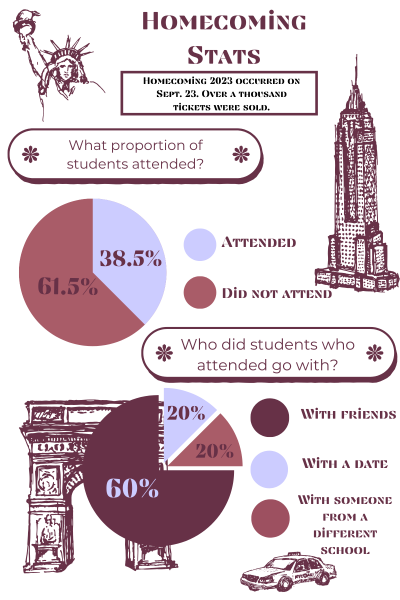Students Choose To Take Health Online
As students opt out of taking the semester long, in school health class, they turn to a fast easier way- the internet. More and more students are looking for a quick and easy way out of health, but still have it count for their overall credits.
The beginning of second semester is just around the corner and the long awaiting seniors are looking forward to graduate. But, one thing stands in their way, and should be on the radar of many Juniors, Comprehensive Health.
The class is a semester long and attempts to teach about the detrimental life choices that could inflict students with long term effects. The issue is, however, many students choose to not take the class their sophomore year.
Students are generally supposed to take the class their sophomore year. However, Junior Alex Purvines shares the common belief that it is, “a waste of a credit.” Like many other students she has opted to take the class online to avoid conflict with her year-long electives.
However, there are also students who chose to take the class their sophomore year that also share their belief. Junior Tyler Martin described the class as, “a waste of time.”
In fact, a survey of 75 juniors and seniors discovered that only 3 students thought health was productive. Senior counselor Kirstin Gregg stated, “On average I have ten to fifteen seniors that wait until their senior year to take and I’m sure [the other Senior counselor] gets about ten to fifteen as well.”
Therefore, approximately 20 to 30 students are at risk of not being able to walk because of a semester long elective.
As mentioned earlier, students can take the class online through BYU which seems to be a new trend, especially among athletes. Gregg also said that “if they play a sport they will be more likely to take it online, because it opens up their options.”
However, there is a price to pay for convenience. The running cost for the health education class is 135 dollars, prior to any taxes. This would definitely be a deterrent for any student struggling financially. Students may also make up the credit in lift lab, however, it also costs money.
While the fee is a bit lighter running for 80 dollars, the cost would still be difficult for students struggling in economic times.
So, if a student wants to avoid sitting in what has been described as “useless,” they should be prepared to spend some money. Regardless of how the student decides to take the class, it can provide useful knowledge about disease, maintaining a good diet, and the detrimental effects of drugs.

Austin Collins is a junior who joined the Precedent this year. He covers the school football team and wrestling team. He also reviews video games and expresses...

Paige Coakley is in her Senior year at Perry High School. She is a returning newspaper student for the 3rd consecutive year. Her background includes...






